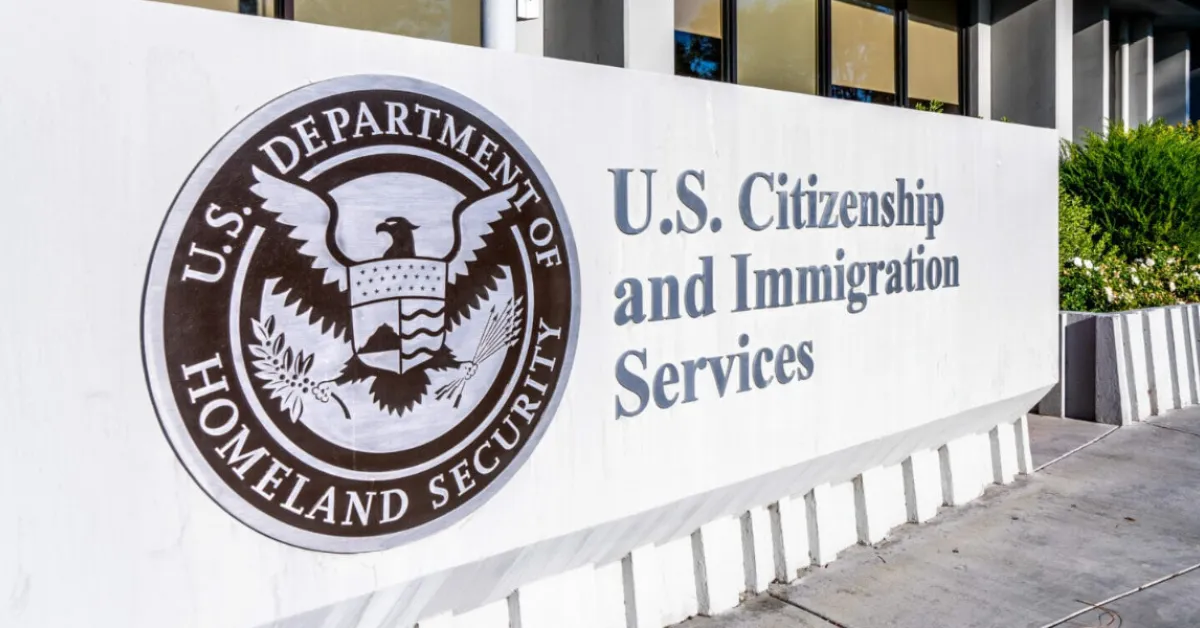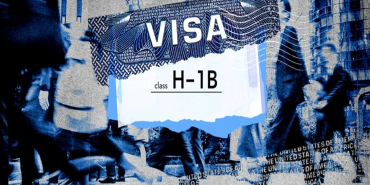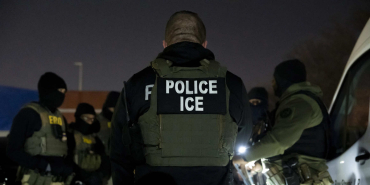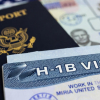USCIS Tightens Marriage Green Card Requirements, Extending Processing Times to 14 Months

The US Citizenship and Immigration Services (USCIS) has implemented significant revisions to the marriage-based green card application process, introducing new challenges for applicants seeking permanent residency.
The changes, already in effect, include updated form requirements, increased scrutiny of marital validity, and extended processing times, necessitating meticulous preparation and potentially delaying work and travel authorization. Applicants must now utilize the latest versions of key immigration forms, including Form I-130 and Form I-485, to avoid processing delays or outright rejection. Alongside these revised forms, application fees have increased, reflecting the USCIS's stated need for additional operational funding.
The USCIS has cautioned applicants to anticipate longer wait times throughout the application process. Enhanced security protocols and more rigorous vetting procedures have resulted in extended delays for biometrics appointments, interviews, and final decisions. While frustrating for applicants, USCIS officials maintain that these measures are essential for national security and maintaining the integrity of the immigration system.
A focal point of the updated process is the intensified scrutiny of marriage authenticity. The USCIS is dedicating greater resources to detect fraudulent applications, conducting thorough investigations into evidence such as joint financial records, cohabitation arrangements, and applicants' social histories. Applicants should be prepared to provide comprehensive documentation that unequivocally demonstrates the legitimacy of their relationship.
Furthermore, the agency acknowledges significant delays in the issuance of Employment Authorization Documents (EAD) and Advance Parole (AP), with waiting periods now ranging from eight to fourteen months. This extended timeframe can severely impact applicants' ability to work or travel internationally while their green card applications are under review. Consular processing, while presenting its own set of risks and complexities, may offer an alternative path for some applicants significantly affected by these delays.
Given the evolving landscape, applicants are advised to take proactive steps to navigate the updated process. This includes ensuring the use of the most current forms, compiling robust evidence of marital legitimacy, and allowing ample time for processing. Immigration attorneys recommend seeking legal counsel to navigate the complexities of the revised procedures. As these updates continue to shape the green card landscape, applicants must remain diligent, prepared, and adaptable to ensure a smooth and successful application experience.














Comments
Ohh,okay!
Permalink
Ohh,okay!
Add new comment